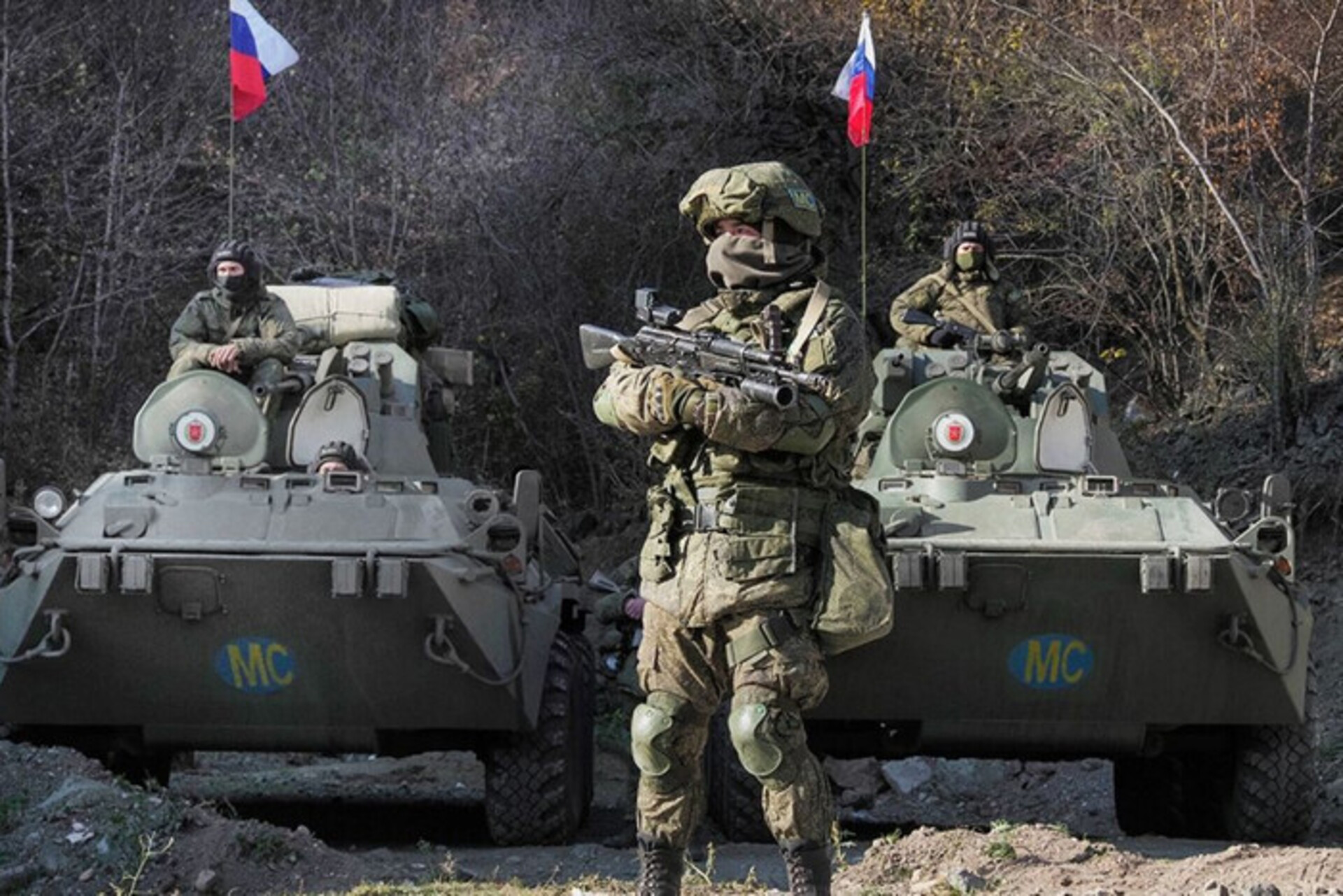Oftentimes we hear that the war between Russia and Ukraine is existential – a war for the very existence of the Ukrainian nation. The Putin regime undoubtedly aims to destroy our country or completely subjugate it to its interests. Therefore, it seems that compromises are inappropriate here. But is this really the case?
What is an existential war?
From history, we know of over 11,000 wars that have taken the lives of over 3 billion people. However, truly existential conflicts, where the existence of entire nations was at stake, have been few. For example, the Thirty Years’ War in 17th-century Europe and World War II. In these cases, it was not just about control over territories, but also about the destruction of whole peoples – Jews, Slavs, and others.
Other wars, such as Roman conquests or Napoleon’s campaigns, although brutal, are hardly considered existential. They often started due to struggles for resources, territories, or power.
What does Russia really want?
Does Russia seek to exterminate Ukrainians as a people? Or is it trying to force us to accept peace on its terms, by changing the government in Kyiv and preventing our entry into NATO? It’s hard to say exactly what Putin really has in mind. When sirens sound in our cities and enemy rockets destroy our homes, it truly looks like an existential war.
But even Putin, a product of the KGB, is unlikely to truly believe in the possibility of wiping out an entire people. Territories can be conquered, but resistance will await the invaders from every corner of Ukraine.
Two forms of destruction
Another issue is what exactly to consider destruction? Physical destruction is not the only option to erase Ukrainians as a nationality. It is possible to make them not remember who they really are, and achieve this with strict control as early as the second generation after the occupation or annexation. There are plenty of tools for such destruction that were tested in the USSR. With the rise of media influence on every average person, doing this is tens of times easier and faster now than, for example, 50 years ago. Special attention is paid to the destruction of children’s identity, which was effectively applied in the Babylonian, Persian, Roman empires, and others.
At the same time, it is worth remembering that the human resource is one of the most important for the existence of any state. This includes labor force, taxes, and many other necessary factors. Therefore, Ukrainians as such are very advantageous for the Kremlin, but with erased memory and national consciousness.
Putin’s Plans and the Realities of War
Most likely, Putin wants to force the Ukrainian government to capitulate. He wants Ukraine to recognize the territories occupied by Russia and abandon NATO membership. But such conditions are unacceptable for us. Ukraine should not compromise, which would bring shame and weaken our independence.
As Winston Churchill said: “He who chooses shame will get both war and shame.” This is a historical truth worth remembering.
Are Compromises Possible?
At the same time, considering the war only as existential is also dangerous. This can close off opportunities for any compromises, even those that could save thousands of lives. In the conditions of the enemy’s superiority in technology, hesitation of Western partners, and the difficult state of the economy, it is necessary to seek a balance between national dignity and preserving lives. Losing Ukrainians in an endless war is a noble but futile path. Therefore, it is very important to act in a way that the Ukrainian nation does not become a victim of its own boundless struggle. Otherwise, the enemy will still achieve his goal, just in a different way.
Balance Search
Ukraine must seek the optimal path where the honor of the nation is combined with the desire to save the lives of Ukrainians. Because every day of our resistance is another step towards victory, which should be not only military, but also human.


